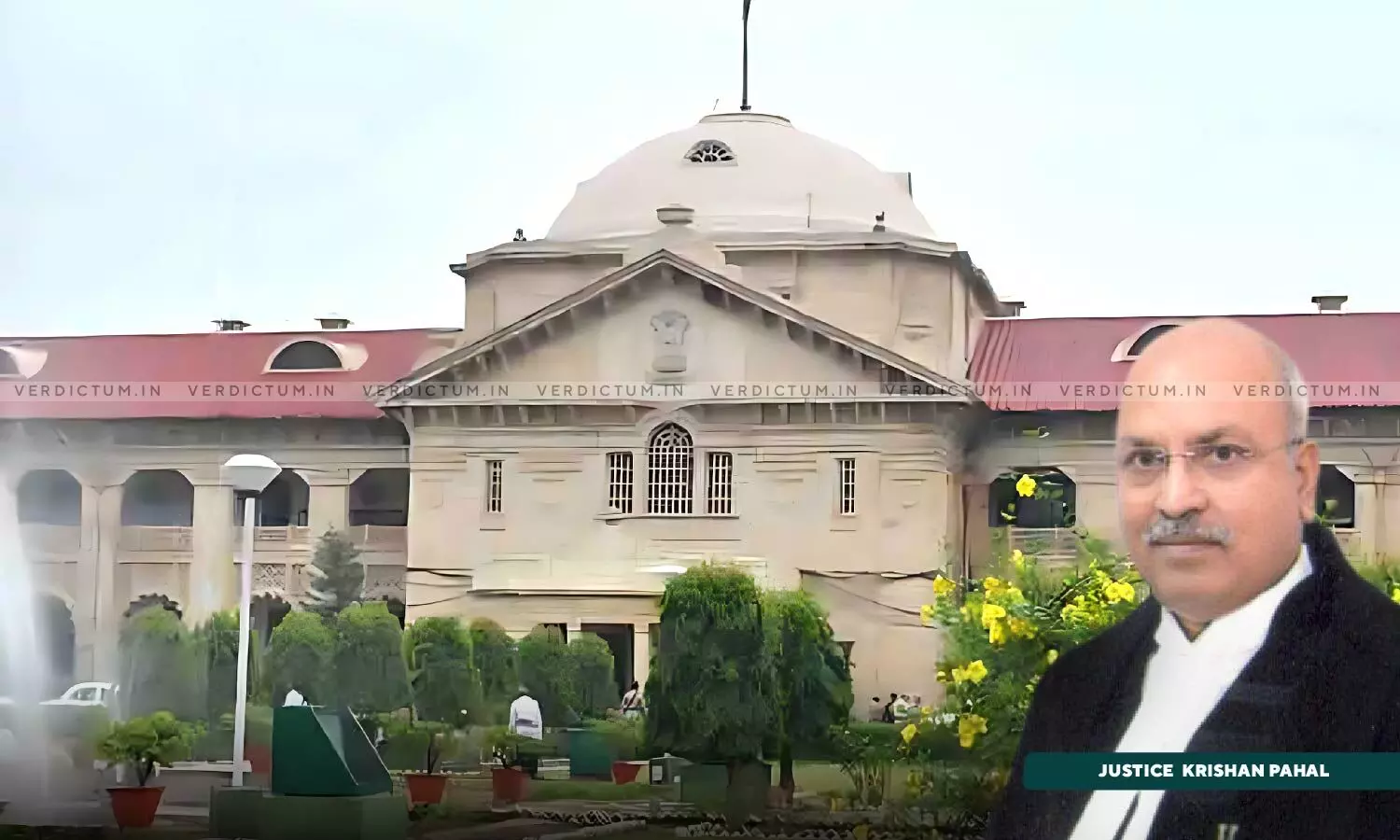
POCSO Act Is Being Misused In Cases Of Consensual Romantic Relationships Between Teenagers: Allahabad HC
 |
|The Allahabad High Court addressed concerns on the misuse of the Protection of Children from Sexual Offences (POCSO) Act in cases involving teenagers in consensual relationships.
A Bench of Justice Krishan Pahal emphasized the need for a nuanced judicial approach to ensure fairness in such cases. The Court said, “This court has every now and then expressed concern regarding the application of the Protection of Children from Sexual Offences (POCSO) Act on adolescents. While the Act's primary objective is to protect children under the age of majority (18) from sexual exploitation, there are cases where it has been misused, particularly in consensual romantic relationships between teenage persons.”
Advocate Manvendra Kumar appeared for the petitioner and Advocate Pranshu Kumar appeared for the Respondents.
The Court highlighted several crucial considerations:
A. Assess the Context: Each case should be evaluated on its individual facts and circumstances. The nature of the relationship and the intentions of both parties should be carefully examined.
B. Consider Victim's Statement: The statement of the alleged victim should be given due consideration. If the relationship is consensual and based on mutual affection, this should be factored into decisions regarding bail and prosecution.
C. Avoid Perversity of Justice: Ignoring the consensual nature of a relationship can lead to unjust outcomes, such as wrongful imprisonment. The judicial system should aim to balance the protection of minors with the recognition of their autonomy in certain contexts. Here the age comes out to be an important factor.
D. Judicial Discretion: Courts should use their discretion wisely, ensuring that the application of POCSO does not inadvertently harm the very individuals it is meant to protect.
These observations were made by the Court while granting bail to petitioner- accused under the POCSO Act. The accused argued that he was falsely implicated, citing the victim's statement that she was 18 years old and had willingly entered into a relationship with him. It was revealed that the victim, now pregnant and having given birth, had married the accused in a temple due to fear of parental opposition.
Considering these facts, including an ossification test confirming the victim's age as 18, the court found no exceptional circumstances justifying denial of bail. The Court added, “It is settled principle of law that the object of bail is to secure the attendance of the accused at the trial. No material particulars or circumstances suggestive of the applicant fleeing from justice or thwarting the course of justice or creating other troubles in the shape of repeating offences or intimidating witnesses and the like have been shown by learned AGA for the State.”
Emphasizing that the purpose of bail is to ensure the accused's presence at trial, the Court granted bail under conditions requiring the accused to support the victim and their child financially. The Court added, “The applicant is being released on bail on the assurance of the learned counsel for the applicant that he is very much willing to take care of his wife (victim) and the infant. The applicant shall deposit (fixed deposit) a sum of Rs.2,00,000/- in the name of new born child of the victim till her attaining the age of majority within a period of six months from the date of release from jail.”
Cause Title: Satish Alias Chand v. State of UP & Ors., [2024:AHC:108011]
Click here to read/download Order